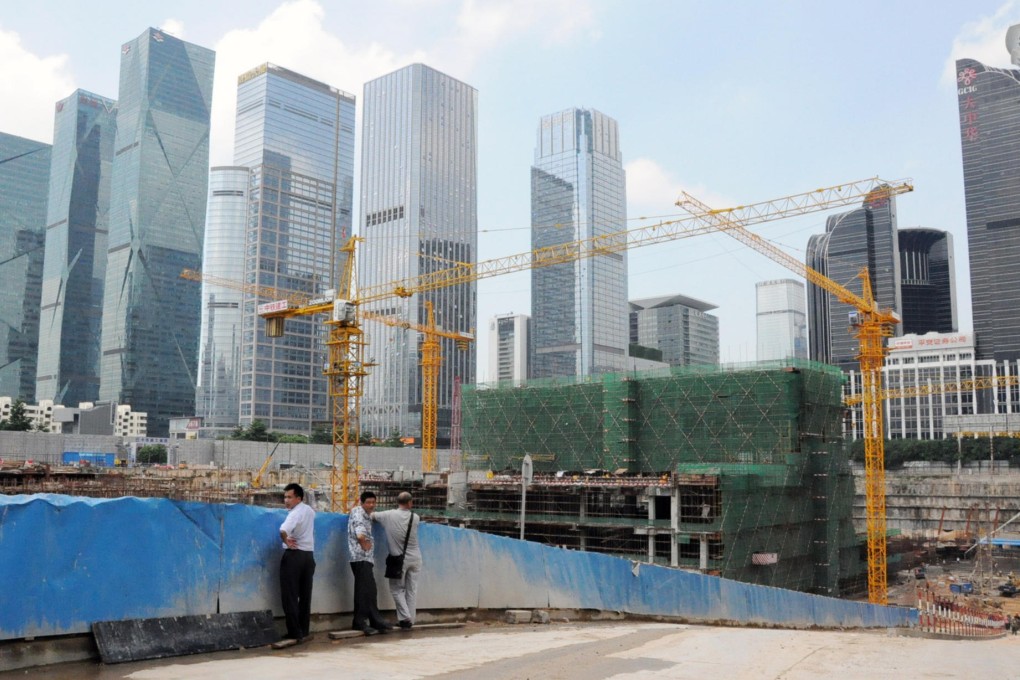Officials face uphill battle in fresh crackdown on rural construction
With so many willing offenders, authorities face an uphill battle to stop illegal building and sales

China has launched its latest crackdown against the construction and sale of illegal residential properties on rural land. Similar efforts have failed repeatedly in the past few years. Will this time be any different?
Properties built on rural land and sold to non-local residents have limited rights. Under Chinese law, rural land is collectively owned by villagers and cannot be developed into commercial property and sold to people outside the village.
Only if rural land is acquired by local governments and then sold to developers in line with a local land use plan, will it be legal.
Speculators betting on rising home prices have invested heavily in property built on rural land with limited rights. Billionaires, who are fed up with urban chaos, also buy large pieces of land from farmers and build spacious homes.
The problem is their purchases are not protected by law. But they choose to believe in a Chinese idiom "the law cannot be enforced when everyone is an offender".
Such buildings have been torn down in past campaigns, and no compensation to buyers has been reported. But it has stirred public debate on whether the government should now treat buyers differently.